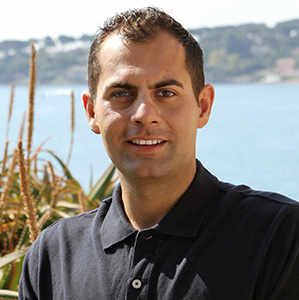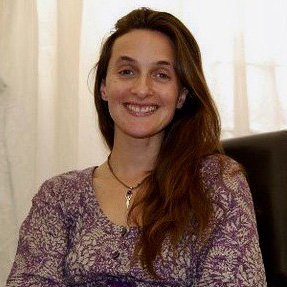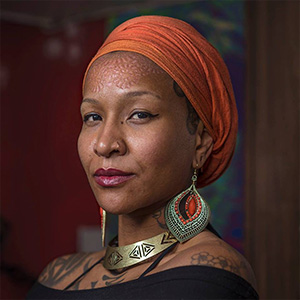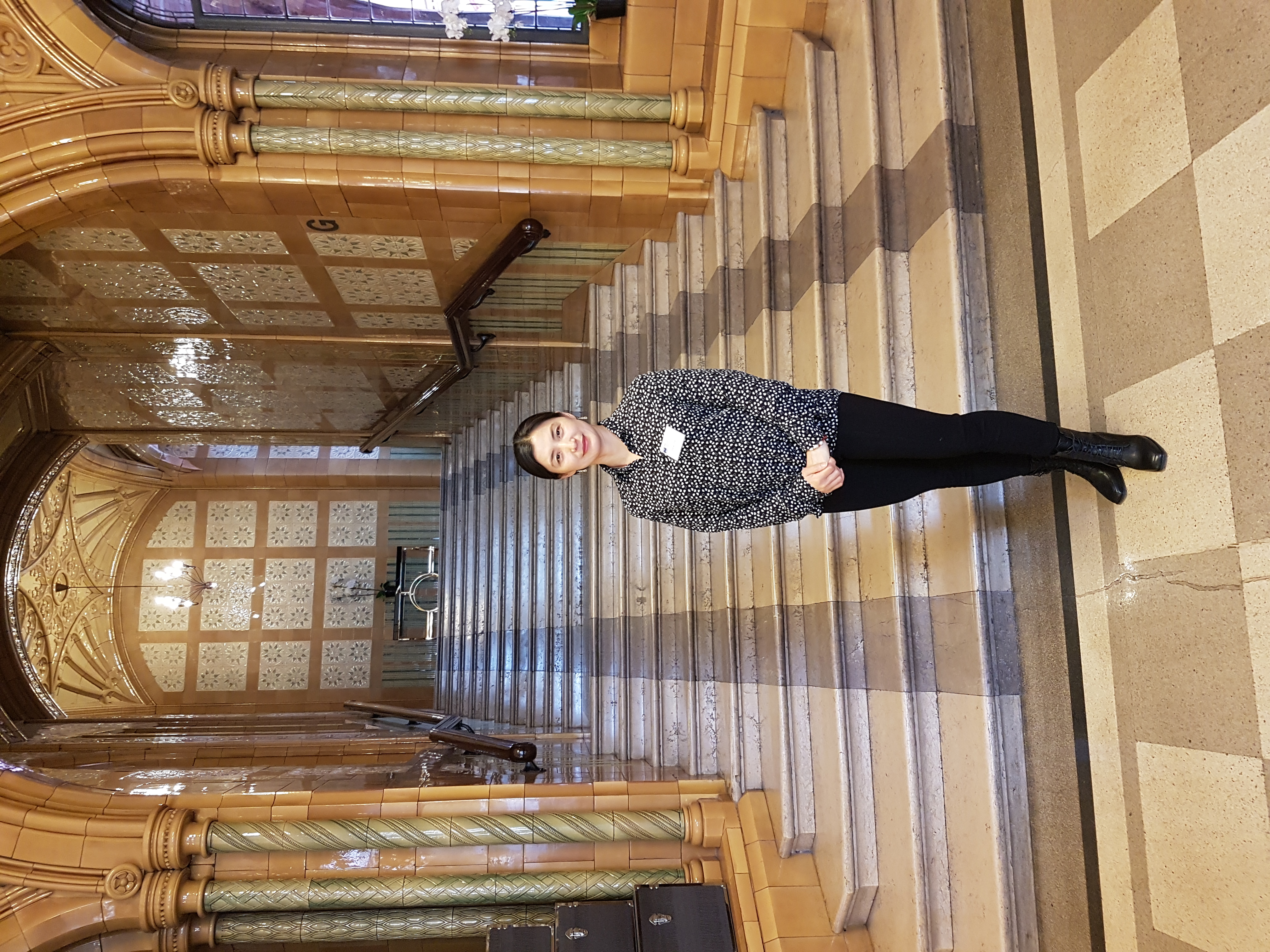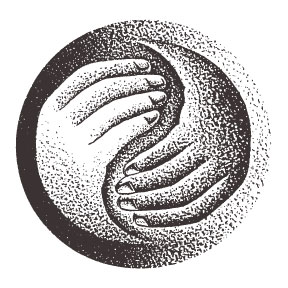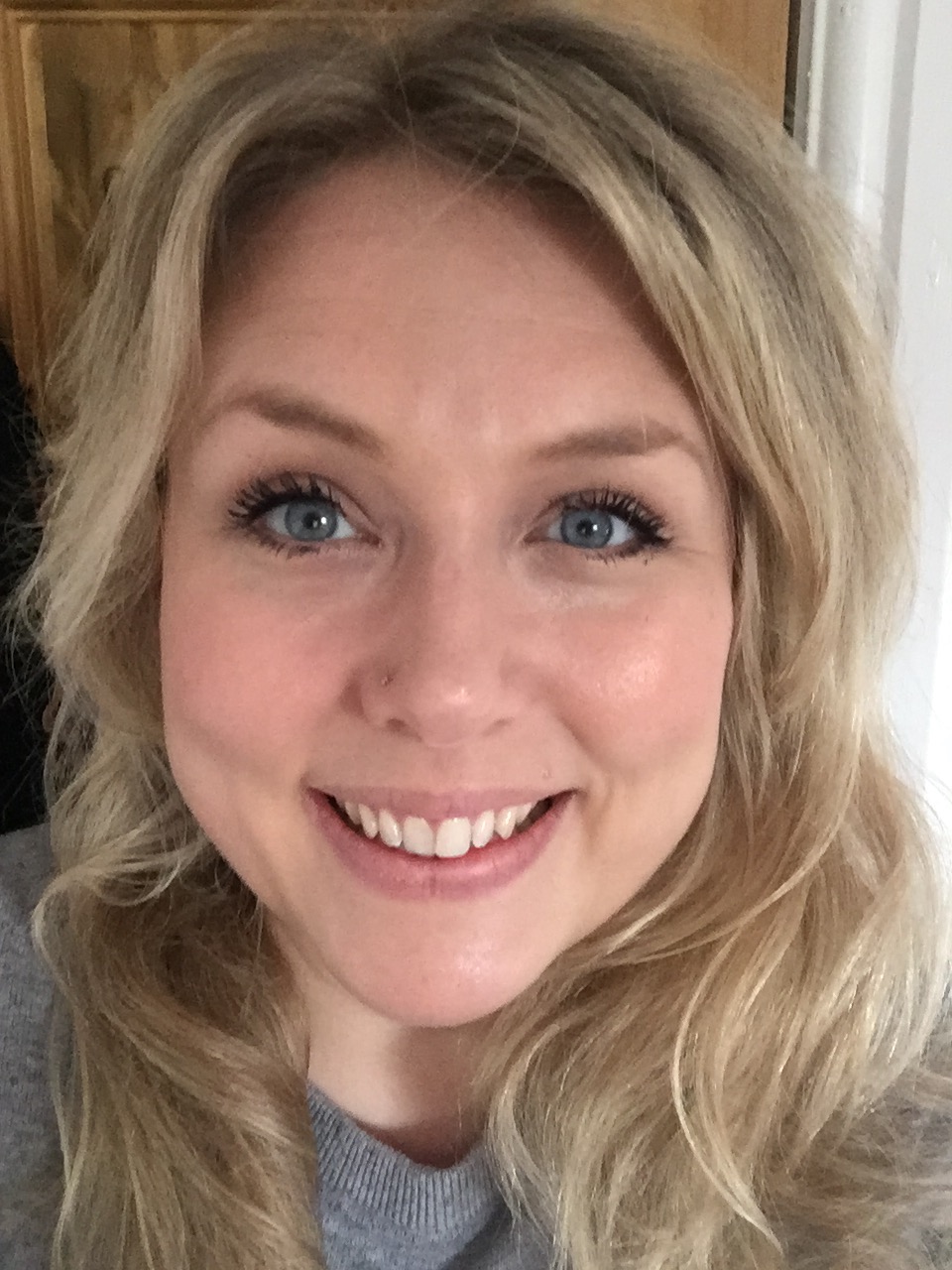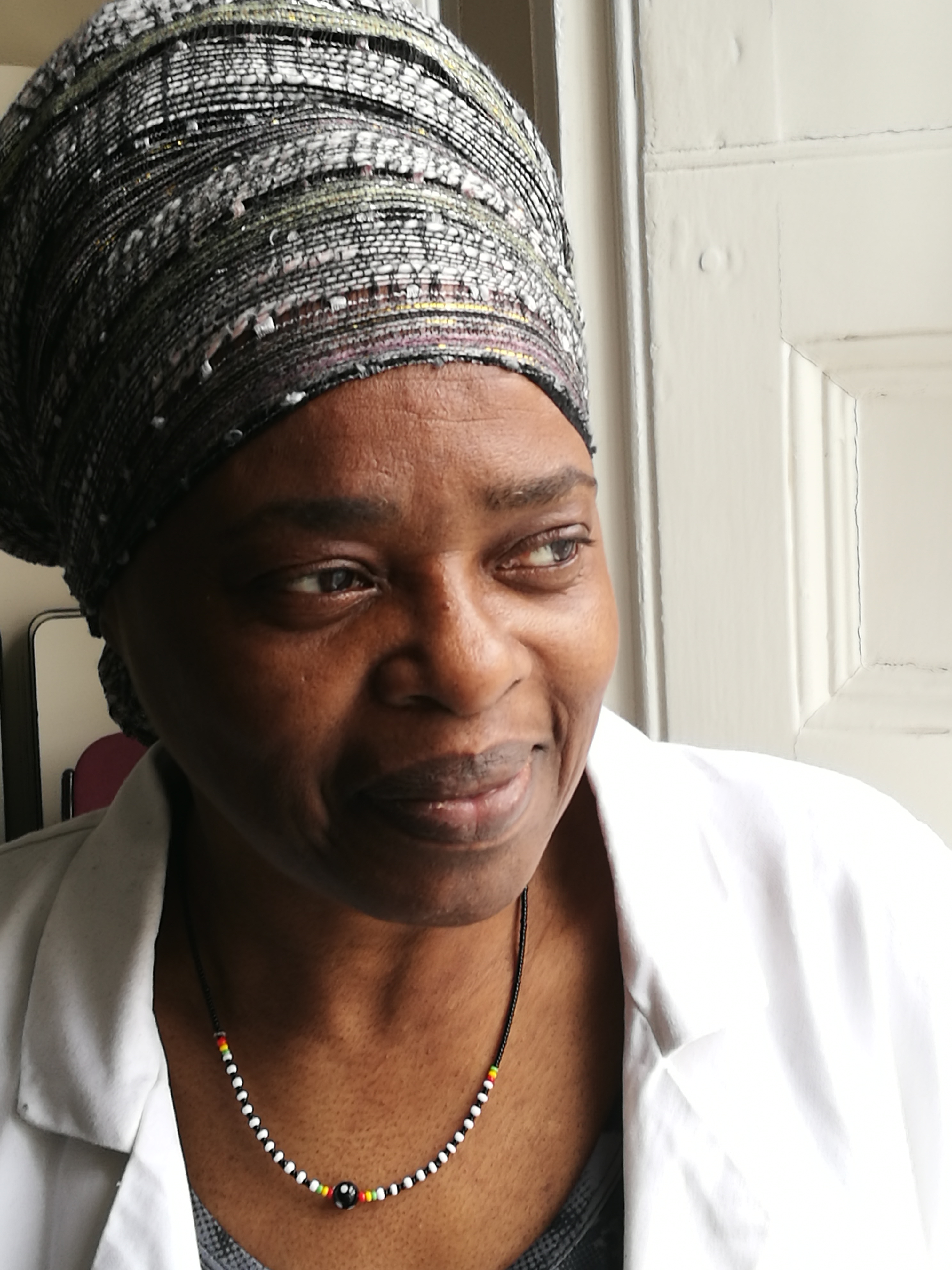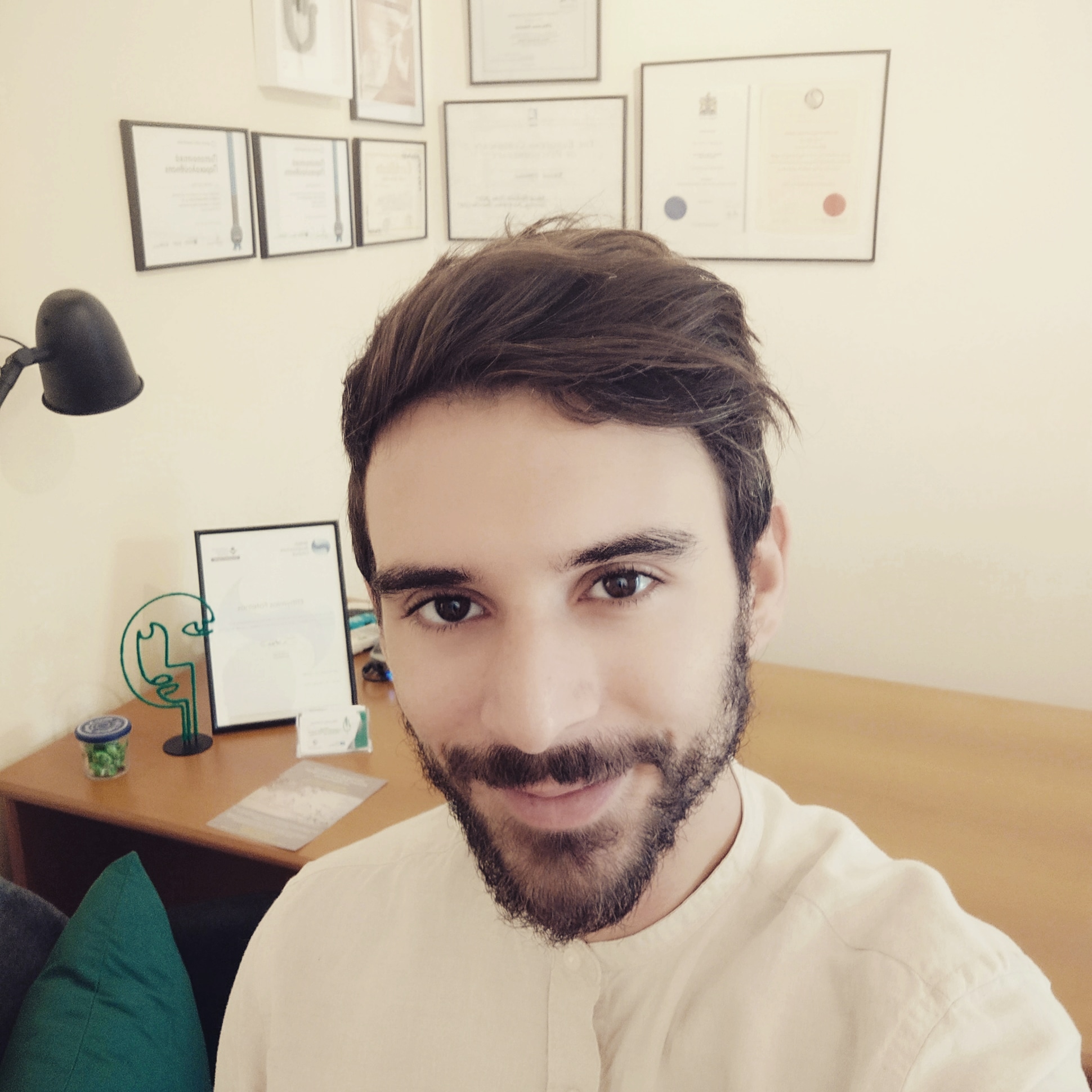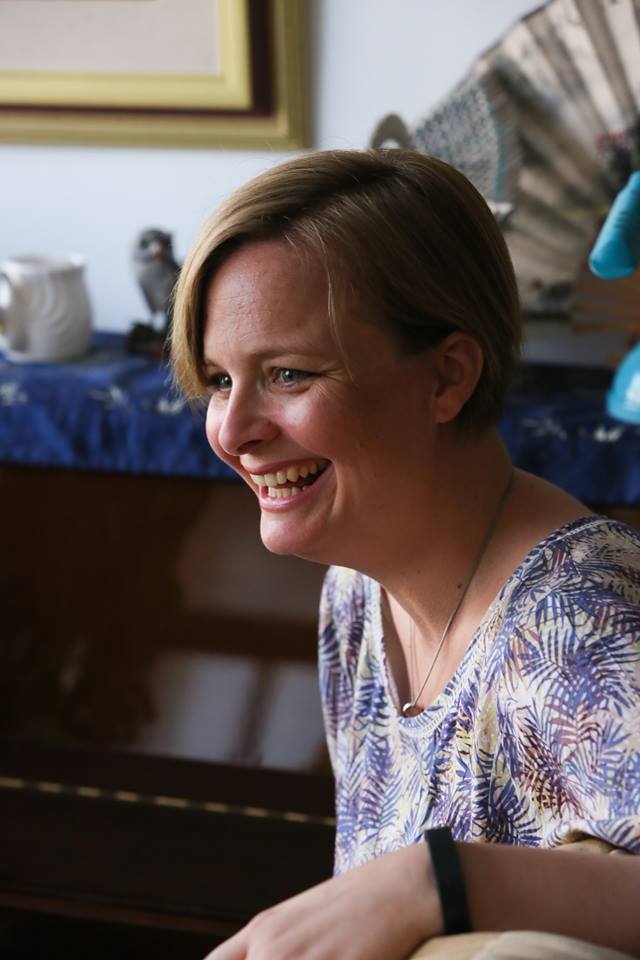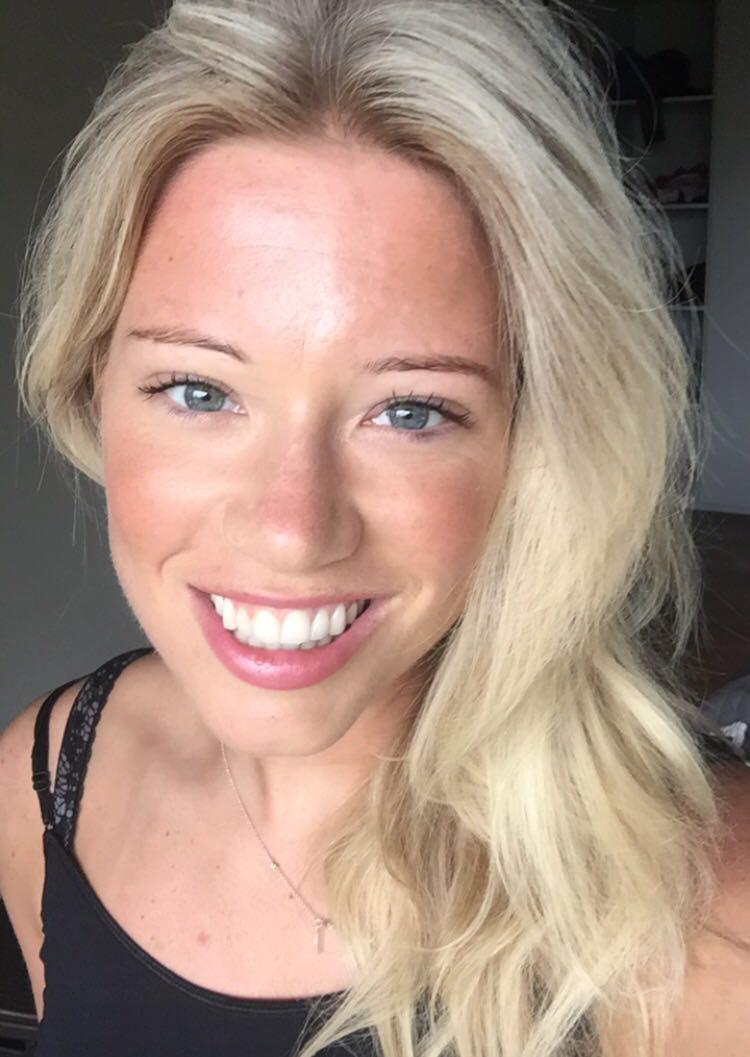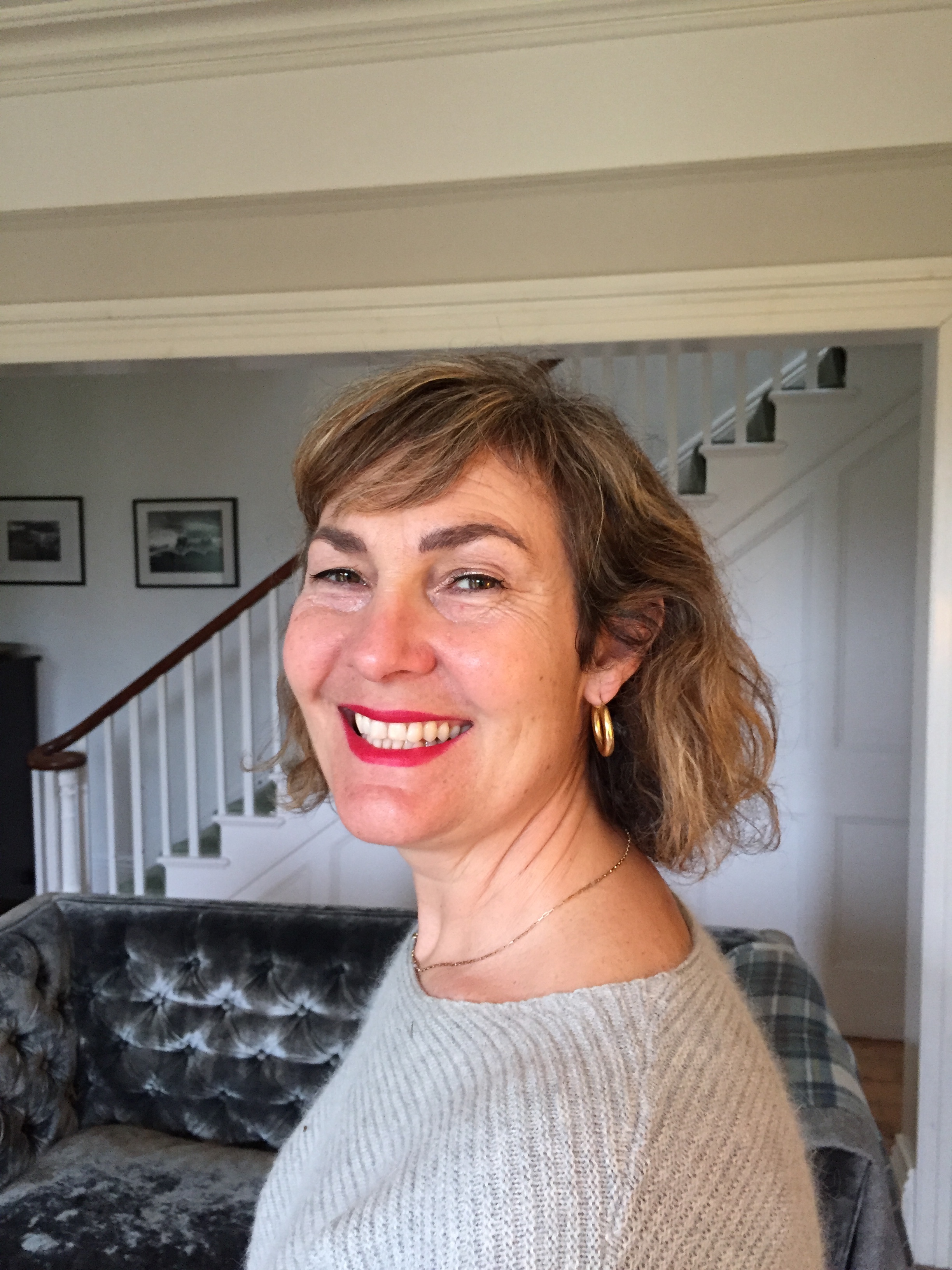Glossary
Blood (xue) is a substance that nourishes; moistens; and houses the shen.
Blood deficiency blood is described as deficient when through weakness it can no longer carry out its basic functions. Blood deficiency leads to symptoms such as dry skin, insomnia, dizziness, numbness, scanty periods, poor memory and anxiety.
Blood stagnation this is a term used when the blood is ‘stuck’ and unable to move properly. It can cause symptoms such as blood clots, purple veins or severe, fixed, stabbing pain.
Body fluids (jin ye) is one of the substances. Jin is body fluids that are thin, light, clear and watery and go to skin and muscles. Ye are body fluids that are turbid, heavy and dense and that moisten joints, spine, brain, bone marrow and sense organs.
Central qi qi of the stomach and spleen.
Cold a climatic cause of disease which can manifest with symptoms such as aversion to cold, cold limbs, contraction of the tendons, thin watery clear fluid discharges and severe pain relieved by warmth and aggravated by cold.
Constitutional factor (cf) See five element constitutional types.
Constitutional types See five element constitutional types.
Channels/meridians lines of energy flowing through the body. Also called jing-luo.
Damp a climatic cause of disease which can manifest with symptoms such as aversion to damp or humidity, heavy limbs, heavy head, no appetite, a stuffy feeling in chest or epigastrium, recurrent dirty discharges or secretions and/or depressions.
Dryness a climatic cause of disease which can manifest with symptoms such as a dry throat, dry mouth, dry nose, dry lips, dry skin, dry stools and/or scanty urination.
Empty condition an empty condition occurs when there is no pathogenic factor and one of the organs is deficient, weak or empty.
Essence (jing) a substance stored in the kidneys, responsible for birth, growth, reproduction and development.
Five elements five element theory describes the energy of the world as occurring in five phases or elements – wood, fire, earth, metal and water. The theory is used in many contexts, but in medicine it is the basis for determining constitutional types.
Five element constitutional types using five element theory, the patient’s longest standing imbalance is diagnosed as one of the elements, that is, wood, fire, earth, metal or water. The person is then described as, for example, a wood cf (constitutional factor).
Full condition when a pathogenic factor has invaded, then there is something to get rid of or expel. This is a full condition.
Gu qi qi from the food we eat.
Heart functions some important functions of the heart are: to ‘house’ the spirit and to circulate the blood.
Heat a climatic cause of disease which can manifest with symptoms such as an aversion to heat, sweating, dark-scanty urine, headache, dry lips and thirst.
Jing-luo see channels/meridians.
Jing qi see essence.
Jin ye see body fluids.
Kidney functions some important functions of the kidneys are: to store ‘jing’ or constitutional qi and to control the water functions in the body.
Liver functions to allow the qi to flow smoothly throughout the body and to ‘store’ the blood.
Lung functions to control our ability to breath and take in qi via the lungs and to control the skin and body hair.
Meridians see channels/meridians
Mind-spirit (shen) a substance that is housed by the heart blood and is responsible for sleep; thinking; memory; consciousness; and it controls the other spirits.
Organs in Chinese medicine the name of the organs are the same as those used in western medicine, but the functions are different.
Pathogenic factors are based on external climates that invade the body and cause a full condition. The various types of pathogenic factor are wind, damp, cold, dryness, heat and fire. Although they are said to invade the body, they are sometimes internally generated.
Phlegm arises from stagnation of the body fluids. It can cause symptoms such as mucous in the lungs, nodules on joints, kidney or gall stones and/or lumps under the skin. If it blocks the heart orifices it can cause some forms of mental illness.
Qi usually translated as ‘energy’.Qi moves, transforms, protect, holds and warms everything in our body. See also yuan qi, gu qi, zong qi, zhen qi, ying qi, wei qi, zheng qi, xie qi, central qi.
Qi deficiency symptoms of general weakness and tiredness will arise. Symptoms specific to the organ that has become deficient will also manifest.
Qi stagnation a description of the qi when it is available, but not moving properly. Typical symptoms are mood swings, depression and problems that come and go. Qi stagnation is often improved with movement or massage.
Shen See mind-spirit.
Spleen functions are to transform and move food, drink and our thoughts, to rule over all digestive functions, and to keep the blood in the blood vessels.
Spirit the Chinese describe the spirit as the part of us which is responsible for our overall sense of purpose and identity. A ‘settled’ spirit also allows us to think clearly and have good concentration, memory and sleep.
Stomach function is to digest or ‘rot and ripen’ food and drink.
Substances The Chinese view a person as being made up of various vital substances. The most important are called the ‘three treasures’ - essence/jing, qi and shen. The others are blood and body fluids. (All defined in this glossary.)
Traditional Chinese medicine (TCM) is the term used by the Chinese to cover the synthesis of Chinese medicine created after the cultural revolution. Under Communism, the more spiritual aspects of Chinese medicine were not emphasised.
Wei qi flows on the surface of the body between the skin and muscles, protects the body.
Wind a climatic cause of disease which can manifest as rapidly changing symptoms, symptoms which move around, symptoms which affect the top part of the body and ones which affect the lung first. Other manifestations can be itching, tremors, convulsions and/or numbness.
Xie qi invading pathogenic factor/evil/illness qi.
Xue see blood.
Yang more active energy. Some yang qualities are heat, dryness, movement, and an upward direction.
Yin more passive energy. Some yin qualities are coldness, wetness, stillness and sinking down.
Ying qi flows in the channels inside the body, nourishes the organs.
Yin/yang balance they are opposites and constantly interact and balance each other. When out of balance they cause disharmony in the body, mind and spirit, leading to illness.
Yuan qi active and dynamically employed jing.
Zhen qi final stage of transformation of qi, divides into ying and wei Qi.
Zheng qi upright/healthy qi.
Zong qi qi of the chest.

